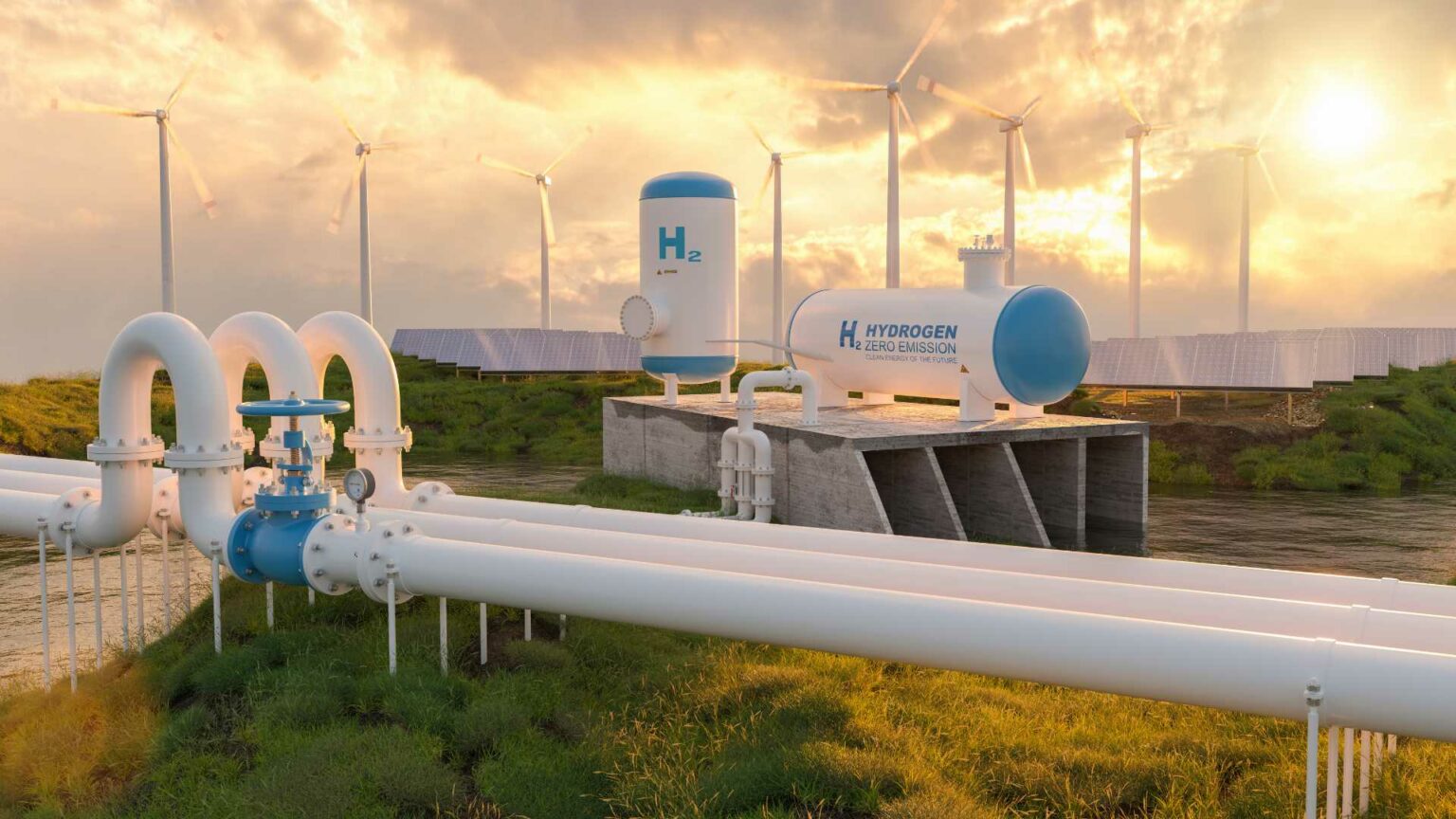The H2 Marsch initiative in the Wesermarsch region aims to ensure this transition is successful. Key companies such as Kronos Titan, USG Blexen, Airbus Aerostructures, Glencore Nordenham, and the EWE have collaborated with the Wesermarsch Economic Development and the cities of Brake and Nordenham in this initiative. A feasibility study identified hydrogen as the preferred method for the region’s industry to move away from fossil fuels.
Achieving Connection to Hydrogen Network
The Wesermarsch is set to be connected to the planned German hydrogen core network. Approval from the Federal Network Agency is expected soon. Similar to highways, this core network covers nationwide routes, with smaller lines branching off like secondary roads. This network aims to solve a classic chicken-and-egg problem: producing and transporting hydrogen isn’t worthwhile without demand, but companies won’t switch to hydrogen technology without a reliable supply.
Current and Future Energy Use
The companies involved in H2 Marsch consume 1100 gigawatt-hours of fossil energy annually. About 50% can be replaced by electricity, indicating an additional 600 gigawatt-hours would be needed. The remaining 50%, mainly natural gas, light and heavy oil, and coal, cannot be replaced by electricity alone. Hydrogen can, for instance, be used as a reducing agent in obtaining iron from ore and producing many other raw materials.
Hydrogen Demand and Supply
The initiative estimates the demand for green hydrogen to be 13,000 tons. While some can be generated locally, a significant portion must be imported via pipelines.
Infrastructure and Industry Transformation
Tim Eshold from H2 Marsch emphasized the crucial need for early connection to the core network for industrial transformation. Without it, transitioning from fossil fuels by 2040 will be challenging when economic and legal pressures increase.
EWE Gasspeicher and EWE Netz play essential roles by providing renewable energy, transport and distribution networks, storage solutions, and consumers. Much of the hydrogen will be transported through existing pipelines. The EWE gas storage in Huntorf, originally used for natural gas storage, will be crucial for hydrogen storage. New pipelines will be built underground, ideally along existing routes.
Hydrogen Transport Methods
Hydrogen could enter Wesermarsch via ships from abroad, the core network, or local production. Locally produced or imported hydrogen can also be distributed through the core network. Local production alone cannot meet total demand, but the core network connection addresses this issue.
Potential Economic Impact
According to the initiative, the switch to hydrogen could permanently secure 6,000 jobs in Wesermarsch. Good infrastructure would also attract new companies and highly skilled workers. The initiative aims to have the necessary pipelines in place by 2032.
